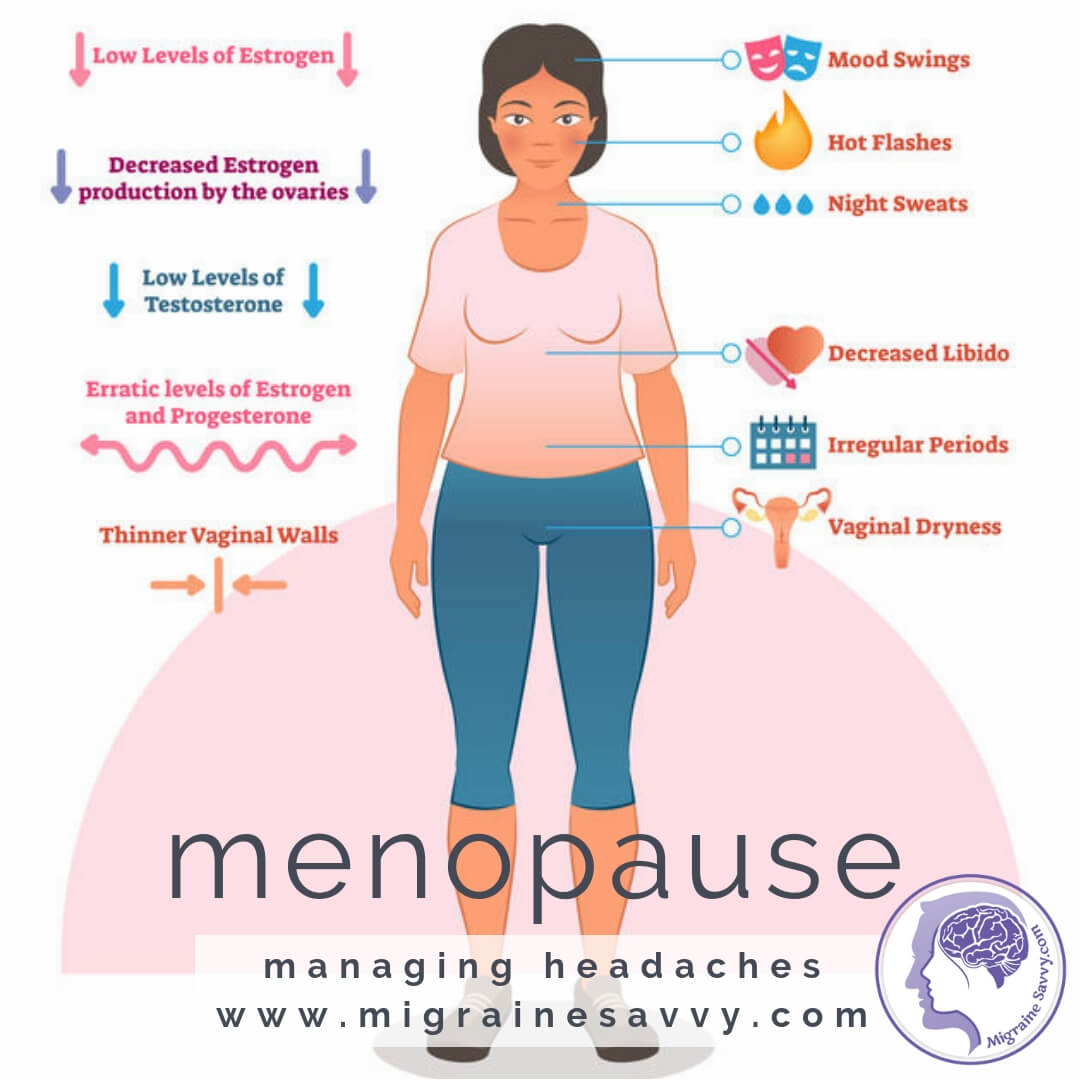Menopause is a natural biological process that marks the end of a woman's reproductive years. It typically occurs between the ages of 45 and 55, and is defined as the point in time when a woman has not had a period for 12 months. Menopause can cause a variety of physical and emotional symptoms, including hot flashes, mood swings, and migraines.
What are migraines?
A migraine is a type of headache that is often accompanied by other symptoms, such as sensitivity to light and sound, nausea, and vomiting. Migraines can be very debilitating, and can last for several hours to several days.
Migraines are believed to be caused by changes in the levels of certain chemicals in the brain, such as serotonin. These changes can be triggered by a variety of factors, including stress, hormonal changes, and certain foods.
How do migraines and menopause relate?
Many women experience migraines during menopause, and there may be a link between the two. Hormonal changes that occur during menopause can trigger migraines, as well as other types of headaches.
In fact, research has shown that women who experience migraines are more likely to have their first migraine during perimenopause, which is the time leading up to menopause when hormone levels begin to fluctuate. The same study found that women who experienced migraines during perimenopause were more likely to continue experiencing migraines during menopause and beyond.
What are the symptoms of migraines during menopause?
The symptoms of migraines during menopause are similar to those experienced by women who are not going through menopause. These may include:
- Throbbing or pulsing pain on one side of the head
- Sensitivity to light and sound
- Nausea and vomiting
- Dizziness or lightheadedness
- Visual disturbances, such as flashing lights or blind spots
However, women who experience migraines during menopause may also experience other symptoms related to hormonal changes, such as hot flashes and mood swings.
How can migraines be treated during menopause?
There are several treatment options for migraines during menopause, including medication and lifestyle changes.
Medications that are commonly used to treat migraines include:
- Triptans, which are a type of medication that can help to relieve the symptoms of a migraine
- Nonsteroidal anti-inflammatory drugs (NSAIDs), such as ibuprofen or aspirin
- Antidepressants, which can help to prevent migraines
Lifestyle changes that may help to prevent migraines include:
- Avoiding triggers, such as certain foods or stress
- Getting regular exercise
- Getting enough sleep
- Managing stress through techniques such as meditation or yoga
Conclusion
Migraines are a common problem for many women, and can be particularly troublesome during menopause. However, there are several treatment options available, including medication and lifestyle changes. If you are experiencing migraines during menopause, talk to your healthcare provider about the best treatment options for you.
:max_bytes(150000):strip_icc()/Verywell_Perimenopause_And_Migraines_4009311_V1-09d5bbe3e80e4980b23f3efbed2afb84.jpg) Source: bing.com
Source: bing.com Source: bing.com
Source: bing.com Source: bing.com
Source: bing.com Source: bing.com
Source: bing.com
No comments:
Post a Comment